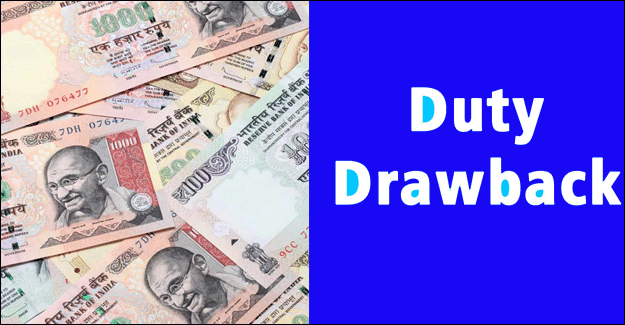GST: Lower Duty Drawback Rate To Hit Textile Exports Say Industry Representatives
GST: Lower Duty Drawback Rate To Hit Textile Exports Say Industry Representatives

Textile industry representatives have expressed concerns that the sharp reduction in duty drawback rates under GST announced by the government may slow down exports.
Incidentally, the drawback rate announced for garments is 2% as against 7.7% earlier, while in the case of made-ups, it was 7.3% and has been reduced to 2%.
There has also been delay in refunds of input tax under GST, which according to Cotton Textiles Export Promotion Council (Texprocil) Chairman Ujwal Lahoti, has led to serious working capital problems for a large number of exporters. Exporters who shipped their goods in July are yet to receive refund of input tax credits or IGST, he said.
In fact, annual textile exports have been stagnant for the last three years at about US$ 37 billion and the reduction in drawback rates could become a contributing factor to the slowdown in exports.
To mitigate this factor, industry representatives feel that the government should extend the transitional provision for duty drawback and Rebate of State Levies (ROSL) till the end of March next year.
Presently, the ROSL scheme provides for refund of state levies on export goods for garments and made-ups, but the scheme does not cover embedded state levies like electricity tax and market cess, from fibre to made-ups.
Meanwhile, the Apparel Export Promotion Council (APEC) has stated that it is in consultation with the drawback committee and the ministries concerned for getting them to consider several embedded and blocked taxes which are not covered in GST or drawback.
An APEC release stated that the industry expects continuation of present drawback rates until these consultations are completed. Low drawback rate announced for apparels is a blow when the industry faces continuous decline in exports, the APEC release stated.
Southern India Mills Association (SIMA) Chairman P Nataraj too has stated that the government should have a re-look at drawback rates for textiles. The Union Government announced a special package in 2016 to boost garment and made-up exports as well as enhanced drawback rates and ROSL under it. The reduction in drawback rates now has removed these benefits for exporters, he said.
According to Indian Texpreneurs Federation Secretary Prabhu Dhamodaran, there is a 7% to 8% month-on-month drop in readymade garment exports and the main reason cited is appreciation of rupee against the dollar. At a time when exports are already under stress and when the industry is not clear about the input tax credit that would be available, the industry should be supported, he said.



 textileexcellence
textileexcellence 







